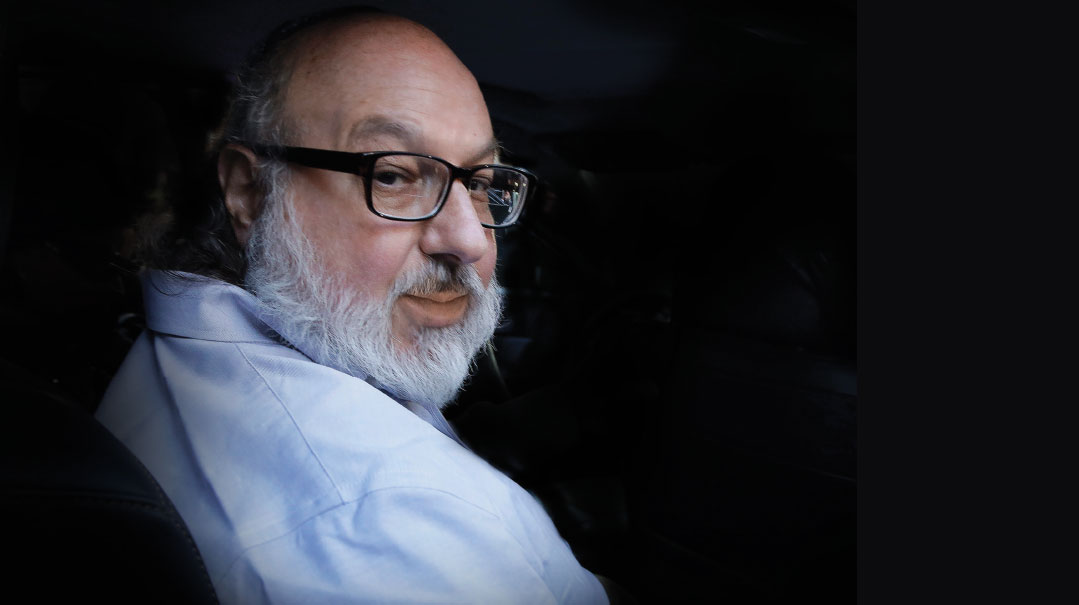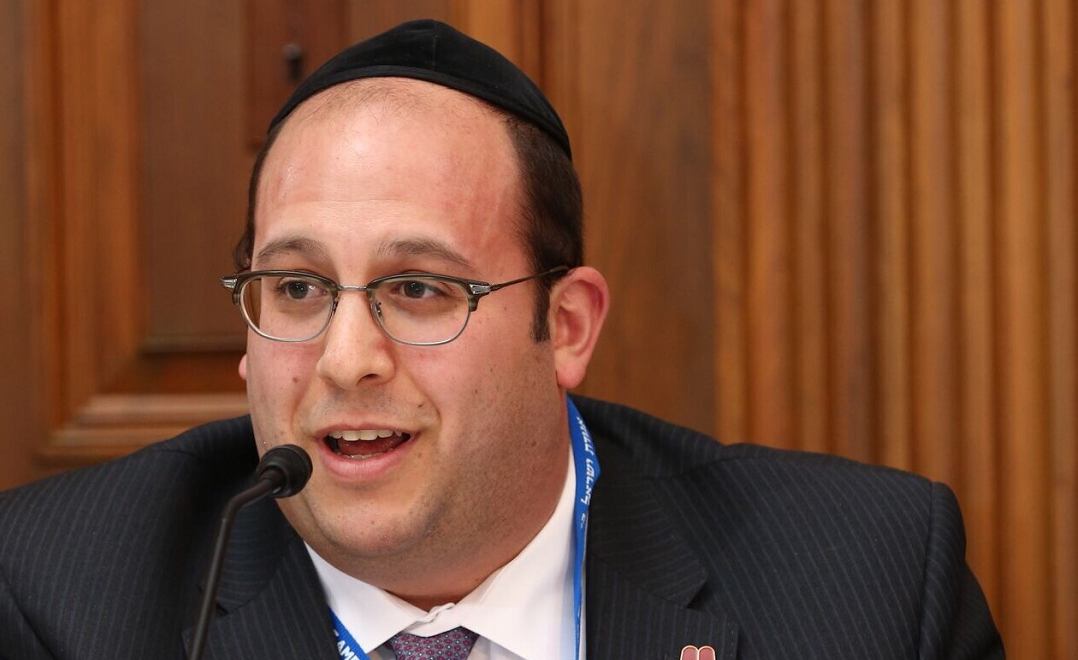The Winners: Bibi and the Right Triumph


Facing possible indictment and campaigning under constant media harassment, Binyamin Netanyahu confounded the pollsters once again, leading the Likud to its highest Knesset seat count in the past six elections. Netanyahu took flak even from some of his political allies for crying, “Gevalt, we’re losing, get out and vote!” but what’s overlooked is that politicians who run scared and create a sense of urgency often emerge victorious. Bibi’s killer political instincts were borne out.
He didn’t do it alone. Give credit to Likud’s top four: Yuli Edelstein, Yisrael Katz, Gilad Erdan, and Gideon Saar, who rallied behind their party leader, campaigning tirelessly with the message that Bibi is indispensable to the nation and deserves another term.
However, the Likud was only assured of victory after Netanyahu, gasping for breath at the finish line, declared that his next government would apply sovereignty to all Israeli settlements in Judea and Samaria. He also promised that not one settler would be evacuated — even under a Trump peace deal — and implied that the US president had already given a wink and a nod to his plan.
By doing so, Bibi undermined his far-right competitors, wooing enough of them to his fold, while winning back the more hard-line right-wing Likudniks who abandoned the party after Bibi pledged allegiance to the two-state solution at Bar-Ilan University in 2009. Whether Bibi keeps those campaign promises is another story. But he’s verbally committed, so if he doesn’t, or allows himself to be pressured out of it, then the Likud will really have reason to cry “gevalt!” in the next election. And the next time, it will be more like crying wolf, because no one will pay heed.
Reshuffling the Deck
Netanyahu’s new government will resemble the old one, in terms of the parties that make up his coalition, but he will be forced to reshuffle his cabinet.
At the end of the previous government, Bibi was serving as defense and foreign minister, in addition to being prime minister. It’s not a workload one man can handle, especially considering his legal woes. Avigdor Liberman is well-positioned for a top slot, considering his experience in both the defense and foreign ministries, and he could be placated with either one. At press time, it was not clear if Naftali Bennett and Ayelet Shaked made the cut to return to the Knesset, and even if they do when the very last ballot is tallied or recounted, Bezalel Smotrich of the Union of Right-Wing Party (URP) is demanding the justice portfolio. We will discuss the URP shortly, but Smotrich is certain to uphold Shaked’s agenda — a conservative revolution on the courts — but in bulldog fashion.
The odds favor Moshe Kahlon returning as finance minister. Aryeh Deri would like to return as interior minister, but he too faces possible indictment, and legal woes may force him to give way to someone else from Shas. Yaakov Litzman is a shoo-in for a new term running the health ministry.
There will be plenty of hard bargaining in the weeks ahead. The small parties will level their demands and threats but will eventually come to terms, because whatever they are finally offered is more than they have now. When all is said and done, Netanyahu will probably lead a coalition of 64 or 65 MKs, with more than half from the Likud, and the remainder from five other parties — UTJ, Shas, Kulanu, URP and Yisrael Beiteinu.
Feiglin Falls Flat; The National- Religious Revive
The pollsters got one call dead wrong. Two days before the election, the media was replete with stories crowning Moshe Feiglin coalition kingmaker and anointing him finance minister.
It was all hype. Feiglin was a wide miss. Israelis who grew up with socialism as their mother’s milk are apparently not ready to start drinking from Feiglin’s fountain of libertarian economics. As well, his support for legalizing marijuana is a real concern in a society that needs sober soldiers and already has a large surplus of inattentive and reckless drivers.
As far as the United Religious Party (URP) is concerned, their split from Naftali Bennett enabled the old guard to reassert itself. Party leaders Rabbi Rafi Peretz, a former IDF chief rabbi, and Bezalel Smotrich are both throwbacks to the National-Religious Party of yore that was a mainstay of many coalition governments under both the Likud and Labor. The URP did not win enough votes to seat any members of its Kahane wing, but those who enter the Knesset are all-in on the Netanyahu plan to extend Israeli sovereignty to Judea and Samaria. They will also back Bibi in opposing the demands of Reform and Conservative organizations abroad on issues like the Kosel, conversions, and civil marriage. Not that Bibi has suddenly become religious, but he is convinced these groups are out to topple him at any cost.
Eluding the Hangman’s Noose
In winning a fourth consecutive term as prime minister, Netanyahu will pass David Ben-Gurion as the country’s longest-serving leader in July, but in that same month, he is scheduled to face the biggest challenge yet of his political career. That’s when Attorney General Avichai Mandelblit has summoned him for a shimua, a hearing at which Netanyahu, with his lawyers, must defend himself against the charges of bribery and breach of trust.
During the recent campaign, Gideon Saar, number five on the Likud’s list, made the media rounds as Netanyahu’s proxy. When the shrill interviewers let Saar get in a word edgewise, he reminded them that such hearings are more than just formalities before an indictment — they represent a substantive opportunity to refute the charges and convince Mandelblit to either drop or soften them. Saar knows this firsthand. He served for four years in the 1990s as an aide to the attorney general and then the state prosecutor, and said he observed many cases in which the file was indeed closed following a hearing, without charges being pressed.
Mandelblit is expected to take until the end of 2019 before rendering a decision, so the government will have plenty of time to settle in.
However, expect the opposition to take this issue and run with it, whipping up the media into a frenzy, much like what occurred in the US with President Trump and the alleged collusion with Russia. It’s easier to be a sore loser than a gracious one.
(Originally featured in Mishpacha, Issue 757)
Oops! We could not locate your form.













